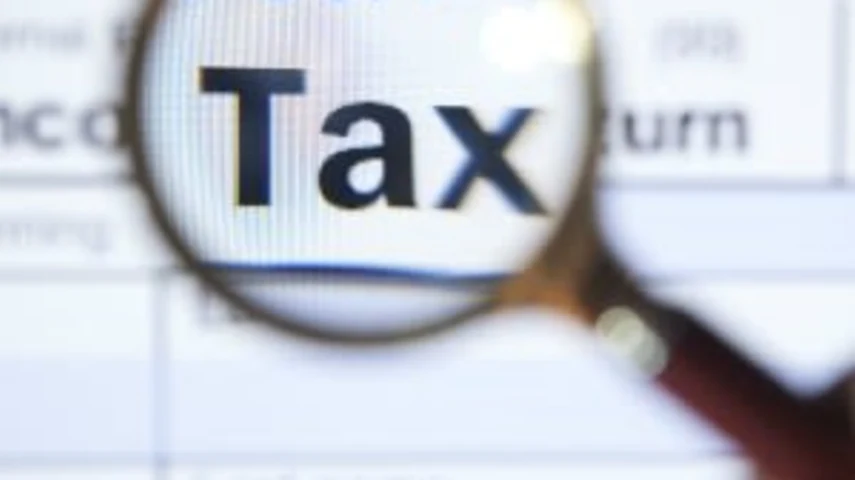Super members win with tax efficient investing



Contrary to popular belief, tax efficient investing actually leads to larger super fund balances than creating a portfolio with a pre-tax focus, with Parametric finding that members miss out if their fund fails to adopt an integrated tax efficient approach to equity investing.
Parametric’s hypothetical modelling of tax efficient versus tax naïve equity portfolios found that, if the former is continually practiced, tax efficient investors would retire with lump sum balances 4.69 per cent higher after 30 years of contributions.
The extra savings from tax efficiency as compared to non-efficient investments would peak at 7.2 per cent during the retirement phase.
Should a member contribute $10,000 a year for 30 years and draw down $30,000 a year for 10 years post-retirement, the tax efficient portfolio holder would end up with a net result almost $200,000 better off.
“This is almost $200,000 more that members can use to meet their needs and aspirations in retirement and that’s wholly attributable to having a superannuation fund who practices after-tax investing in their equity portfolio,” Paul Bouchey, Parametric chief investment officer, and Raewyn Williams, the firm’s Australian managing director – research, said.
The tax naïve modelling portfolio adopted a traditional pre-tax focus, ignoring the dividend and capital gains taxes that in fact apply to the portfolio. The tax efficient equity model reflected the other portfolio in all respects other than its approach to tax.
The research assumed that the tax-aware portfolio would halve turnover and not realise higher-taxed ‘short gains.’
Recommended for you
Australia’s largest super funds have deepened private markets exposure, scaled internal investment capability, and balanced liquidity as competition and consolidation intensify.
The ATO has revealed nearly $19 billion in lost and unclaimed super, urging over 7 million Australians to reclaim their savings.
The industry super fund has launched a new digital experience designed to make retirement preparation simpler and more personalised for its members.
A hold in the cash rate during the upcoming November monetary policy meeting appears to now be a certainty off the back of skyrocketing inflation during the September quarter.









